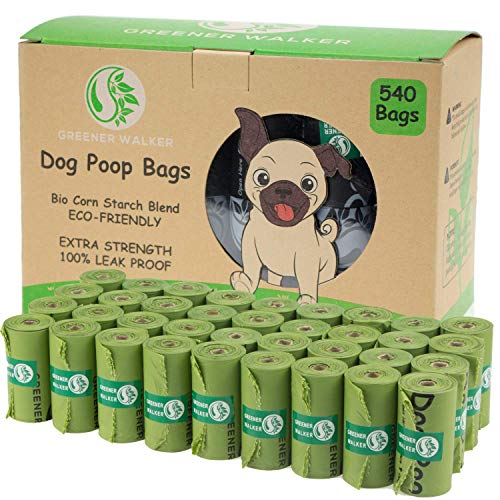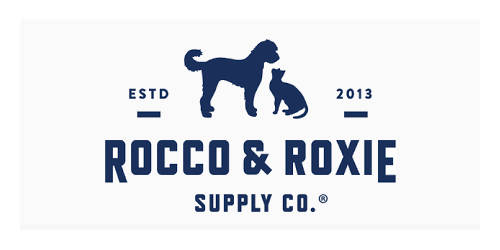Dog housebreaking Supplies, also known as potty training, is the process of teaching a dog to eliminate outside in an appropriate area, rather than inside the house. It is an important part of dog ownership and can take time and patience to accomplish. The key is to establish a consistent routine and provide positive reinforcement for desired behavior. Crate training, frequent trips outside, and monitoring the dog’s behavior can also be helpful in the housebreaking process. It is important to note that accidents may still occur, especially during the early stages of training, and it is important to avoid punishment and instead focus on positive reinforcement to encourage the desired behavior.
Housetraining a puppy
Dog housebreaking brands
Pampers puppy
Pampers puppy, puppy pads, and dog diapers are all options for managing a puppy’s elimination needs. Puppy pads are absorbent pads designed to be placed on the floor or in a designated area for puppies to use as a bathroom. Dog diapers, on the other hand, are worn by puppies like underwear to prevent accidents around the house. Ultimately, the choice between these options will depend on the individual puppy’s needs and the owner’s preferences. It’s important to provide a consistent and appropriate place for puppies to eliminate to establish good habits and make the training process smoother.
Unpotty training
Unpotty training, also known as “reverse house training,” is the process of teaching a dog to eliminate indoors instead of outside. This can be necessary in certain situations, such as for dogs with medical conditions that prevent them from going outside or for owners who live in high-rise apartments.
To unpotty train a dog, owners can use pee pads or fake grass mats placed in a designated area inside the house. Positive reinforcement techniques, such as treats and verbal praise, can be used to encourage the dog to eliminate in the designated area. It’s important to note that unpotty training is not a substitute for proper house training and should only be used as a last resort.
When attempting to unpotty train a dog, it’s important to take steps to prevent accidents in areas where the dog is not allowed to eliminate, such as carpets and furniture. Consistency and patience are key in this process, and owners should expect accidents to happen along the way. With the right approach and training, however, it is possible to successfully unpotty train a dog.
Dog Pooper
When it comes to owning a dog, cleaning up after them is an essential part of the job. Having the right supplies to make the process as easy and hygienic as possible is crucial. One of the most important supplies is the dog pooper scooper. This tool makes it easy to pick up your dog’s waste without having to touch it with your hands.
Dog pooper scoopers come in a variety of styles and materials, from basic plastic scoops to more advanced models with multiple functions. Some scoopers are designed to be used with disposable bags, while others have a built-in bin for easy disposal. You can also find scoopers with long handles, making it easy to reach waste in hard-to-reach areas.
Poop in bags
When it comes to taking care of your pet, cleaning up after them is an essential part of the job. That’s where dog pooper bags come in handy! These bags are designed to make it easy for you to clean up after your dog during walks or when they’re out in the yard. Made from durable materials, they’re designed to be leak-proof, so you can dispose of them without worrying about any messes. Simply slip one on your hand, pick up the poop, and dispose of it in the nearest trash can. With dog pooper bags, cleaning up after your dog has never been easier!
Dog Housebreaking
Dog housebreaking refers to the process of teaching a dog to eliminate in an appropriate location, such as outside or on a designated indoor potty spot. It is an essential part of training a new dog or puppy and can take several weeks to months depending on the dog’s age, breed, and previous training.
Consistency, positive reinforcement, and patience are key when housebreaking a dog. Frequent trips outside, especially after meals, naps, and playtime, can help establish a routine and prevent accidents indoors. Rewarding the dog with praise and treats immediately after eliminating in the appropriate spot can also reinforce the desired behavior.
Dog Housebreaking Supplies Frequently Asked Questions
How long does it take to housebreak a dog?
Housebreaking a dog can take anywhere from a few weeks to several months, depending on the individual dog and their training history. Consistency, positive reinforcement, and patience are key to successfully housebreaking a dog. It’s important to establish a routine for taking the dog outside to eliminate, and to supervise them closely indoors to prevent accidents. Crate training can also be helpful in promoting good bathroom habits. Remember that accidents will happen, and it’s important to avoid punishment and instead focus on reinforcing positive behaviors. With time and effort, most dogs can be successfully housebroken.
How long after eating do dogs poop?
The time it takes for a dog to poop after eating can vary depending on several factors such as age, breed, and diet. Generally, a dog will need to poop within 30 minutes to an hour after eating. However, for puppies, it can be more frequent, and it may take longer for older dogs or dogs with slower digestion. It’s important to establish a regular feeding and walking schedule to help with dog housebreaking and to prevent accidents inside the house.
Dog pee smells like fish
Dog pee may sometimes smell like fish due to a variety of reasons such as urinary tract infections, kidney issues, and certain dietary habits. Some dog food brands that contain fish or fish by-products may also contribute to the fishy odor in urine. If you notice a strong fishy smell in your dog’s pee, it’s best to consult a veterinarian to rule out any underlying health concerns. In some cases, a change in diet or treatment may be necessary to address the issue. Regularly cleaning and disinfecting the areas where your dog urinates can also help reduce any unpleasant smells.
How do you stop a dog from peeing and pooping in the house?
There are several ways to stop a dog from peeing and pooping in the house:
1- Establish a routine: Take your dog outside to go potty at the same times every day. This will help them understand when they should go and develop a routine.
2- Positive reinforcement: Reward your dog every time they go potty outside with treats, praise, or playtime. This will help them associate going outside with positive experiences.
3- Limit access: If you cannot supervise your dog, consider limiting their access to certain areas of the house or crate training them.
4- Clean accidents thoroughly: Use an enzymatic cleaner to thoroughly clean any accidents. This will help eliminate any lingering odors that may encourage your dog to go potty in the same spot again.
5- Consult a vet: If your dog is having trouble holding their bladder or bowels, it may be a medical issue. Consult with your veterinarian to rule out any underlying health problems.
Remember, it takes time, patience, and consistency to successfully potty train a dog. Be patient and consistent with your efforts, and your dog will eventually learn where they are supposed to go.
How long should it take to housebreak a dog?
Housebreaking a dog can take anywhere from a few weeks to several months, depending on the age, breed, and temperament of the dog, as well as the consistency and effectiveness of the training. It is important to be patient and consistent in the training process, and to reinforce positive behaviors with rewards and praise. Consistency is key in dog housebreaking, as dogs thrive on routine and predictability. With time, patience, and consistent training, most dogs can be successfully housebroken.
What smells deter dogs from peeing and pooping in the house?
There are several smells that can help deter dogs from peeing and pooping in the house during the process of dog housebreaking. Some of these include vinegar, citrus, and peppermint. These smells are strong and unpleasant to dogs, and can help discourage them from going potty in the house. However, it’s important to note that using these smells alone may not be enough to completely solve the problem. Consistent training, positive reinforcement, and establishing a regular routine are also crucial in successfully housebreaking a dog.
























